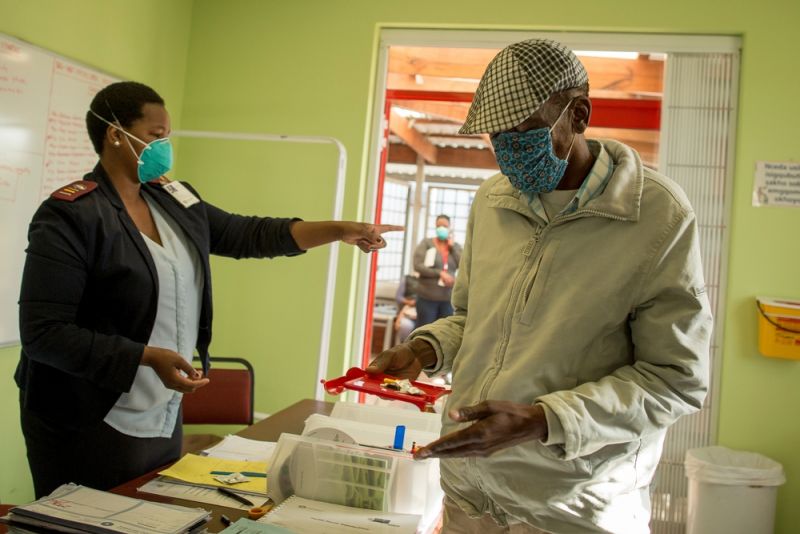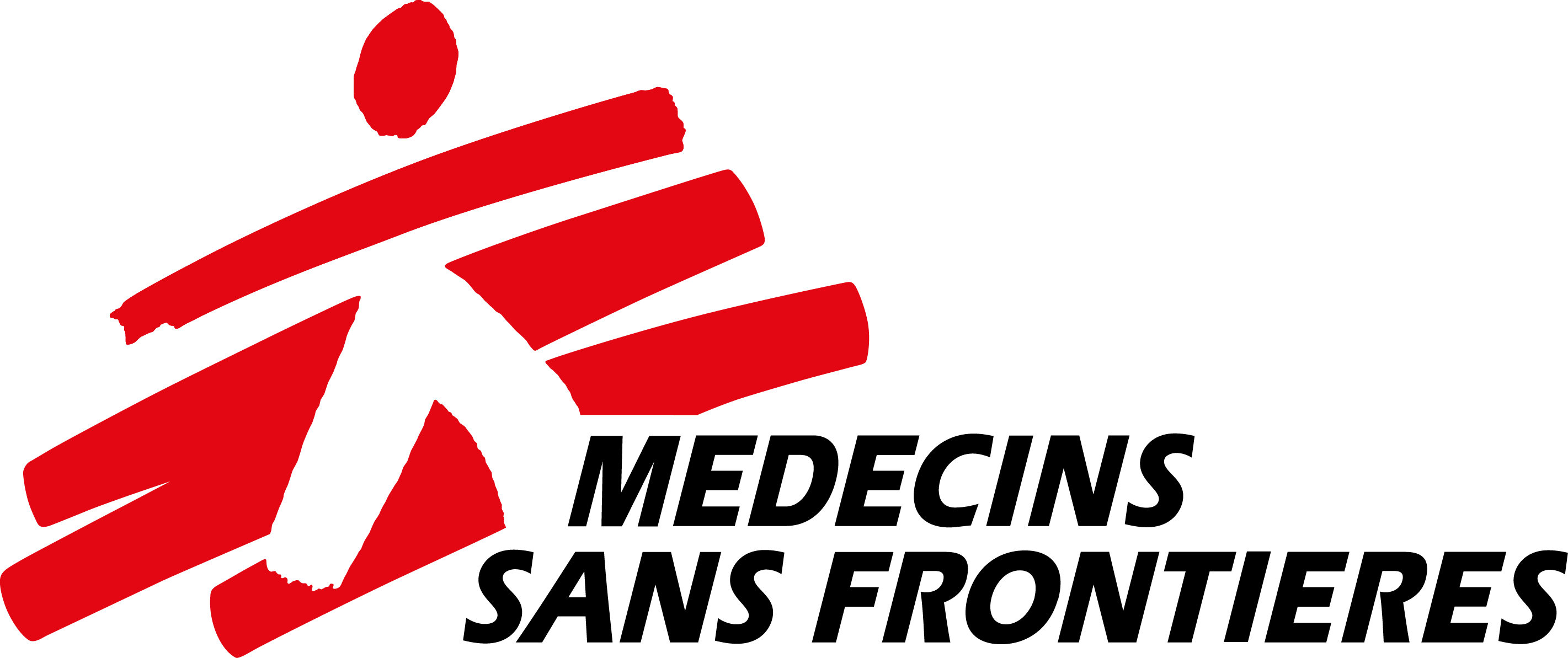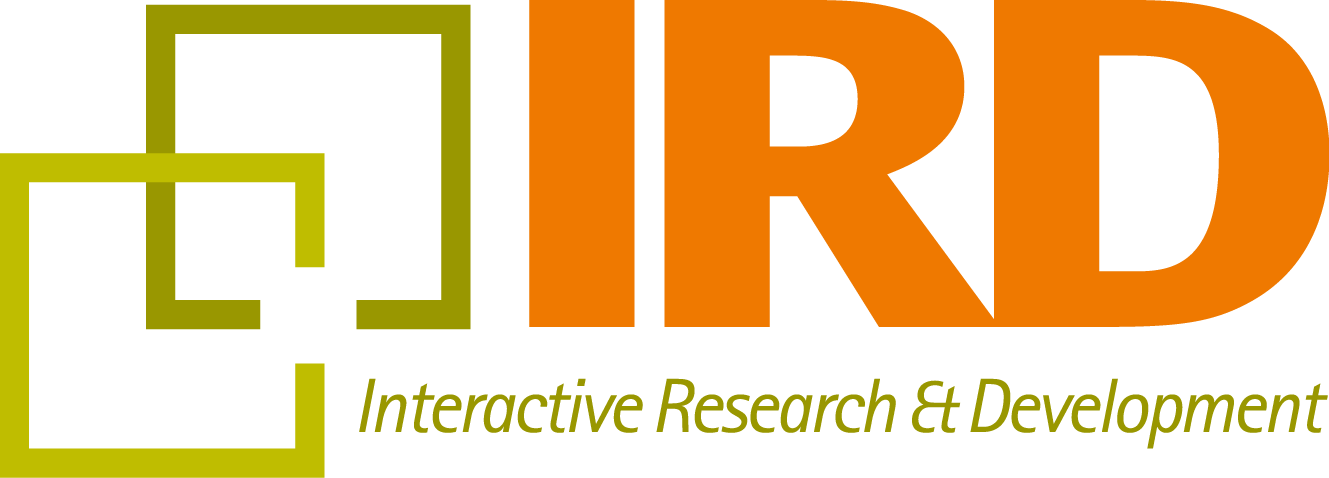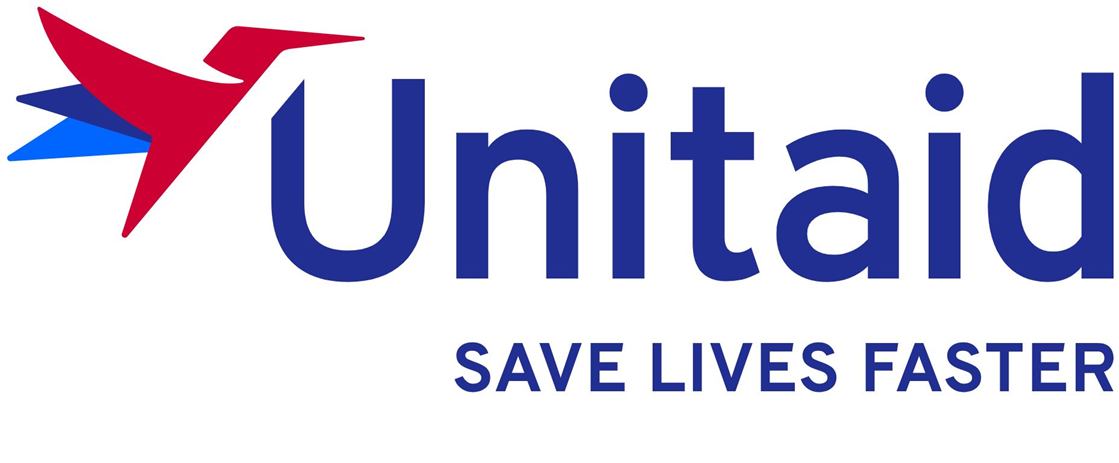
The international medical humanitarian organisation Doctors Without Borders (MSF) and its partners today launched a drug-resistant TB trial in South Africa, aiming to find treatment regimens for multi-drug resistant tuberculosis (MDR-TB) that are shorter, less toxic and more effective than current treatments, and which would eliminate the painful injection.
‘Expand new drug markets for TB’ (endTB) is a phase III randomized controlled trial of five new, all-oral 9-month treatment regimens for MDR-TB. Approximately half a million people fall ill with MDR-TB each year, globally, with approximately 19,000 of those cases seen in South Africa. The clinical trial is expected to enrol 750 patients across six countries with significant TB burdens, with the Khayelitsha site aiming to enrol between 90 to 120 patients until 2020, with initial results becoming available between 2021 to 2022.
The current standard treatment for MDR-TB is arduous, lasting between nine to 24 months, exposes patients to serious side effects, and is only successful in about half of all cases.
“The endTB trial aims to revolutionize the standard MDR-TB treatment by dropping the injectable entirely using bedaquiline and delamanid, the first TB drugs to have been developed in almost 50 years, along with other oral TB drugs such as clofazimine, linezolid, fluoroquinolones and pyrazinamide, in experimental combinations of up to five drugs,” says Jared Borain, Trial Study Coordinator for endTB in Khayelitsha.
The inclusion of South Africa as a trial site is important for understanding how well new DR-TB regimens work for HIV positive people who are also on antiretroviral therapy. In South Africa, 59% of people diagnosed with TB are co-infected with HIV.
Patients enrolled with the Khayelitsha site will receive treatment at primary health care facilities rather than central hospitals. This is in line with the South African public health system’s successful model of decentralised DR-TB care – a model that MSF in Khayelitsha has worked with Western Cape and City of Cape Town health authorities at length to exemplify.
“MSF, in close collaboration with the department of health, has been providing care for people with drug-resistant TB for many years, in South Africa, and in many other countries,” says Dr Laura Triviño, MSF medical referent in Khayelitsha. “We have used this expertise to put patients at the heart of our trial and designed something which aims to radically improve their experience. I have seen too many people on toxic treatment for drug-resistant TB, suffering from nausea, joint pains, psychosis and even going deaf as a result of the injectable.”
Trials like endTB are a crucial part of developing better regimens, and complement significant efforts by the South African government to get better treatment for MDR-TB patients.
“It’s really exciting that this pioneering clinical trial has started in South Africa, after years of planning,” says Borain. “The South African government has been extremely progressive in rolling out new treatments for very complicated DR-TB cases, and investing in TB research. MSF wants to contribute to these efforts by seeing how these new drugs can be best used as the first option for DR-TB patients, and making sure South Africa and the world can drop the injectable and most toxic drugs once and for all.”
Expand new drug markets for TB (endTB) is a partnership between Partners in Health, Médecins Sans Frontières, Interactive Research & Development and financial partner UNITAID. Epicentre, Harvard Medical School and the Institute of Tropical Medicine Antwerp are partners of the clinical trial.
As of May 2018, there are 98 patients enrolled across five countries, namely Georgia, Kazakhstan, Lesotho, Peru and South Africa. For more information go to: www.endtb.org/clinical-trial




